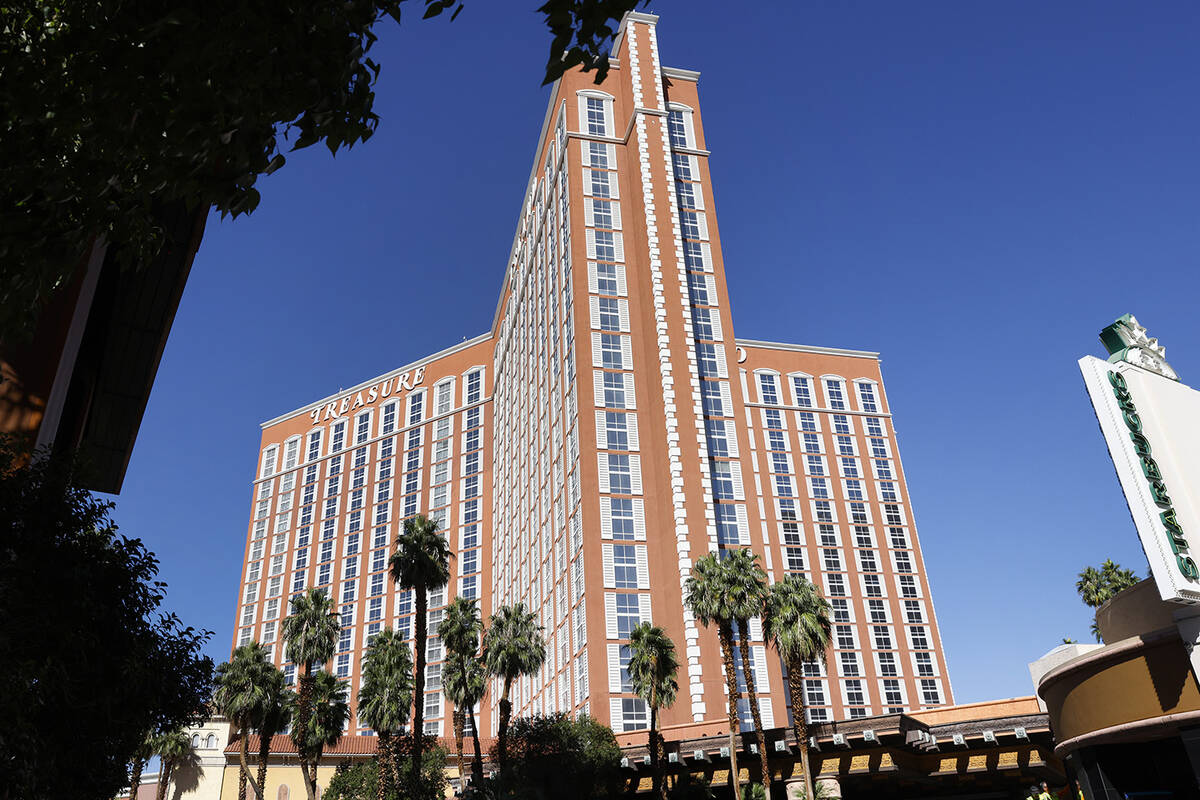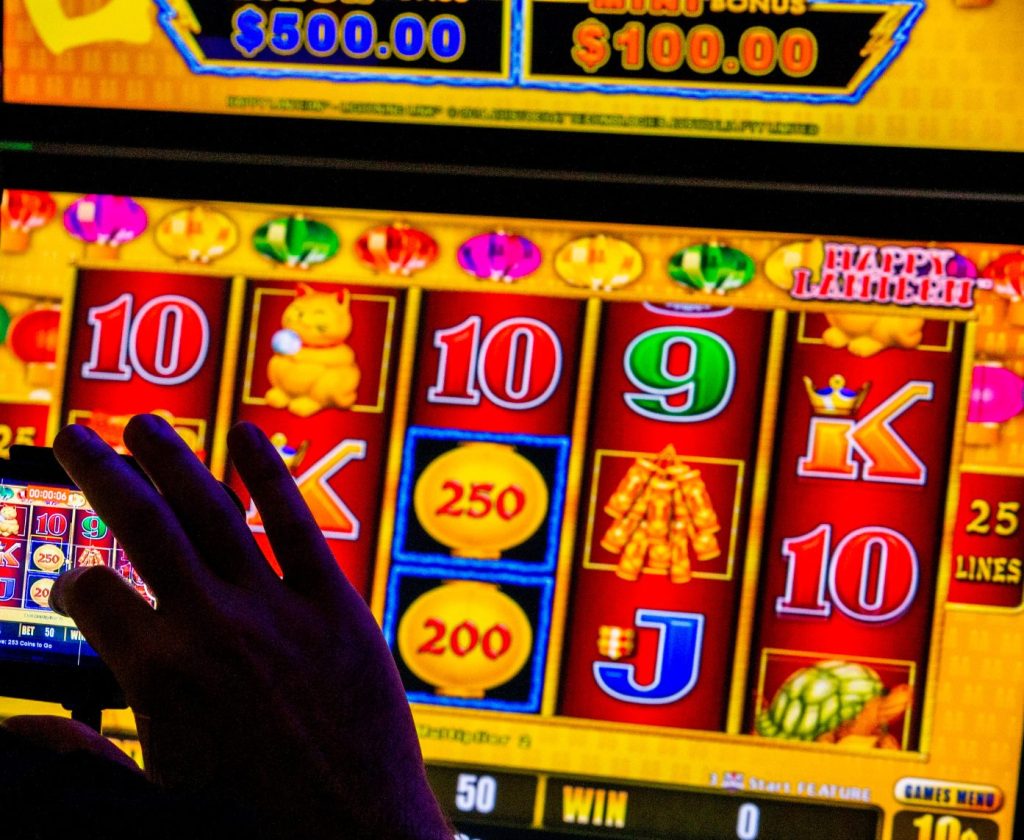
New Secretary of the Interior Doug Burgum has rescinded approval of a controversial proposed tribal casino in Vallejo.
Burgum announced that the department was reviewing the plan and whether the land qualified for a casino under the Indian Gaming Regulatory Act.
The news comes after the United Auburn Indian Community, which operates Thunder Valley Casino, filed a lawsuit last week against the Interior Department to block the project. Thunder Valley is located just under 90 minutes northeast of the planned property.
United Auburn argued that the approval of the Scotts Valley band of Pomo Indians project violated federal law and tribal gaming regulations.
Scotts Valley planned a $700 million, 615,000-square-foot casino on 128 acres in the San Francisco Bay Area, but that property is not located on the tribe’s ancestral lands in Lake County. Lake County is about 120 miles north of Vallejo.
“The approval of this casino is a blatant violation of federal law and sets a dangerous precedent for tribes that have followed the established rules for Indian gaming,” said United Auburn Chairman John L. Williams said.
Other Tribes Take Issue As Well
The Scotts Valley casino was approved in January as the Biden administration was near the end of its four-year term. The lawsuit alleges that the administration rushed through the approval, dismissing legal procedures and objections over the casino from other tribes in the area.
The Yocha Dehe Wintun Nation, which operates nearby Cache Creek Casino Resort, and the Kletsel Dehe Wintun Nation also object to the casino. Previous efforts by Scotts Valley to build a casino in Richmond and Vallejo were rejected by the Department of the Interior.
“The Vallejo Site lies within the ancestral lands of the Patwin people,” the lawsuit notes. “Scotts Valley has instead pursued multiple sites well outside its traditional homeland because of their greater money-making potential.”
The Scotts Valley Band is officially recognized as a landless tribe with a history of displacement experienced by many other Native American tribes. The tribe was federally recognized in 1991 and has sought to reestablish a homeland to build a tribal community.
Scotts Valley Tribal Chairman Shawn Davis said rescinding the original decision denied the tribe its sovereignty.
“It is unconscionable to reopen a final determination based solely on the objections of a competitor, especially considering they just repackage previously considered and rejected arguments,” he said. “The greed of the Yocha Dehe Wintun Nation is disgusting. Despite their billions of dollars, they aren’t satisfied. The Scotts Valley Band will not be bullied, and we won’t back down.”
Latest In Long Line Of Tribal Disputes
Tribal gaming has seen several similar disputes in recent months. That includes objections to the Koi Nation’s efforts to build a casino resort on its ancestral homeland about an hour north of San Francisco. The Federated Indians of Graton Rancheria own and operate a casino just about 20 minutes from the site and also claim the land and argue that the Koi’s efforts amount to an “illegal land grab.”
The disputes come after the Biden administration relaxed rules governing the tribes’ ability to open gaming operations. Casino efforts have also led to tribal disputes in regards to the planned construction of a Coquille tribe casino in Oregon as well.





